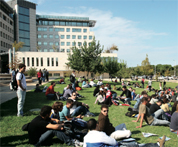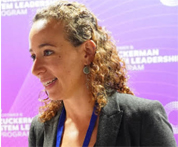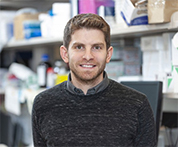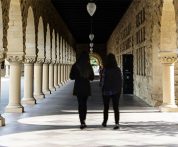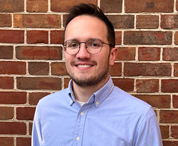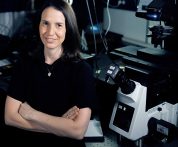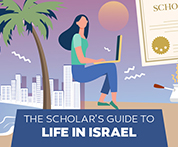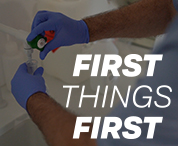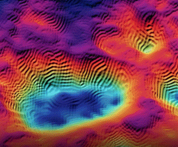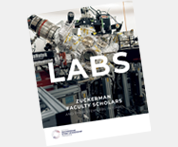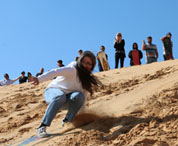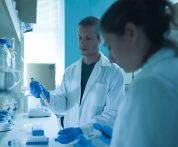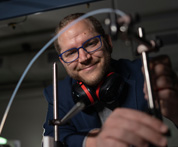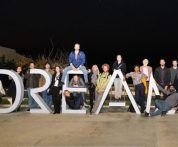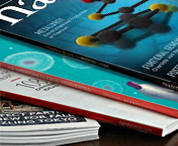Studying how organs gain their shape by engineering 3D human stem-cell systems
Lab Research Areas
How does the physical shape of an organ emerge from the collective activity of its constituents—microscopic fluctuating biological cells? To what extent is shape programmed by genes? Or is it self-organized through biomechanical feedback loops? What is needed to engineer tissues into complex 3D shapes?
The lab’s goal is to develop a quantitative biomechanical understanding of organ morphogenesis. They develop bioengineered human stem cell-derived models of embryonic organ formation, addressing fundamental questions in brain development, as well as developing new technologies for modeling human organogenesis. These technologies fill a gap in the study of the biomechanical basis of human organogenesis in health and disease.
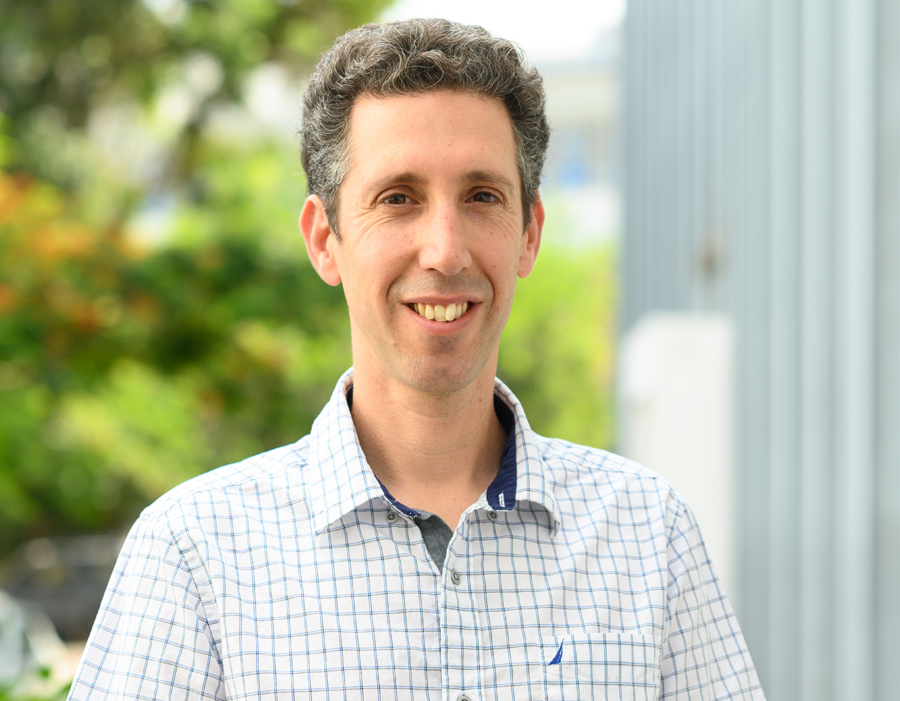
Scholar Profile
After an early career in theoretical physics, Eyal Karzbrun became fascinated with biological self-organization, transitioning into a PhD in experimental biophysics at the Weizmann Institute. There he created cell-free microfluidic compartments out of silicon to serve as “artificial cells” to support the study of gene expression dynamics. He engineered synthetic gene regulatory circuits, studying how the geometry of the artificial cells controlled the dynamics of the emergent gene expression.
During his first postdoc in neurodevelopment, also at Weizmann, he studied the self-organization of human stem cells, discovering that brain organoids undergo surface wrinkling similar to human cortical folding. He then studied the mechanics of organoid surface convolutions and their dysregulation in developmental disorders.
In a second postdoc, at the University of California Santa Barbara’s Kavli Institute for Theoretical Physics, Dr. Karzbrun developed an on-chip system that recapitulates human neural tube morphogenesis, the first step in brain development. His system stands out from previous organoid cultures in its reproducibility and its anatomical resemblance to the human neural tube.
During his PhD, Dr. Karzbrun mentored high school students from the Ethiopian community, and is committed to science education without borders. Education should be accessible to all who want it, he believes; scientific achievements should be visible to all, and science should be free of interdisciplinary borders.
 ISRAELI COUNCIL FOR HIGHER EDUCATION
ISRAELI COUNCIL FOR HIGHER EDUCATION MIT-Israel Zuckerman STEM Fund for Faculty Collaboration
MIT-Israel Zuckerman STEM Fund for Faculty Collaboration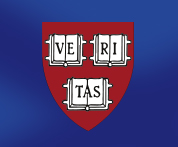 The Zuckerman Travel and Research STEM Fund at Harvard
The Zuckerman Travel and Research STEM Fund at Harvard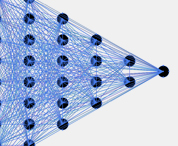 Zuckerman AI Fund at Technion
Zuckerman AI Fund at Technion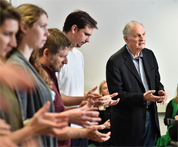 Alan Alda Communicating Science
Alan Alda Communicating Science Zuckerman Institute – ScienceAbroad
Zuckerman Institute – ScienceAbroad Zuckerman Institute – America-Israel Friendship League partnership
Zuckerman Institute – America-Israel Friendship League partnership



